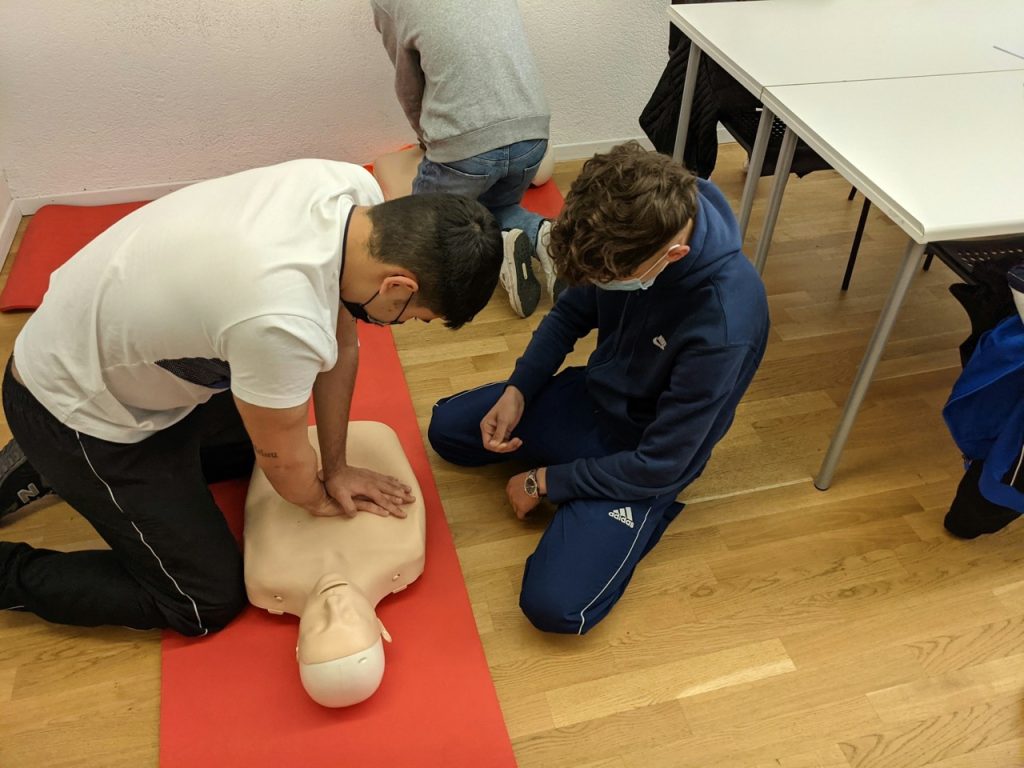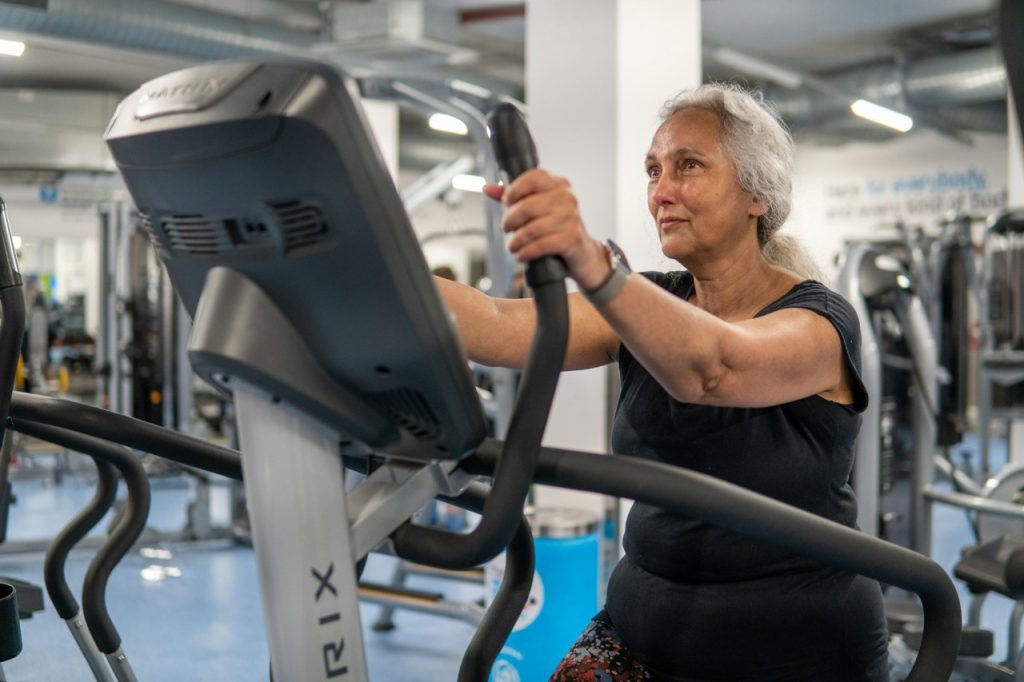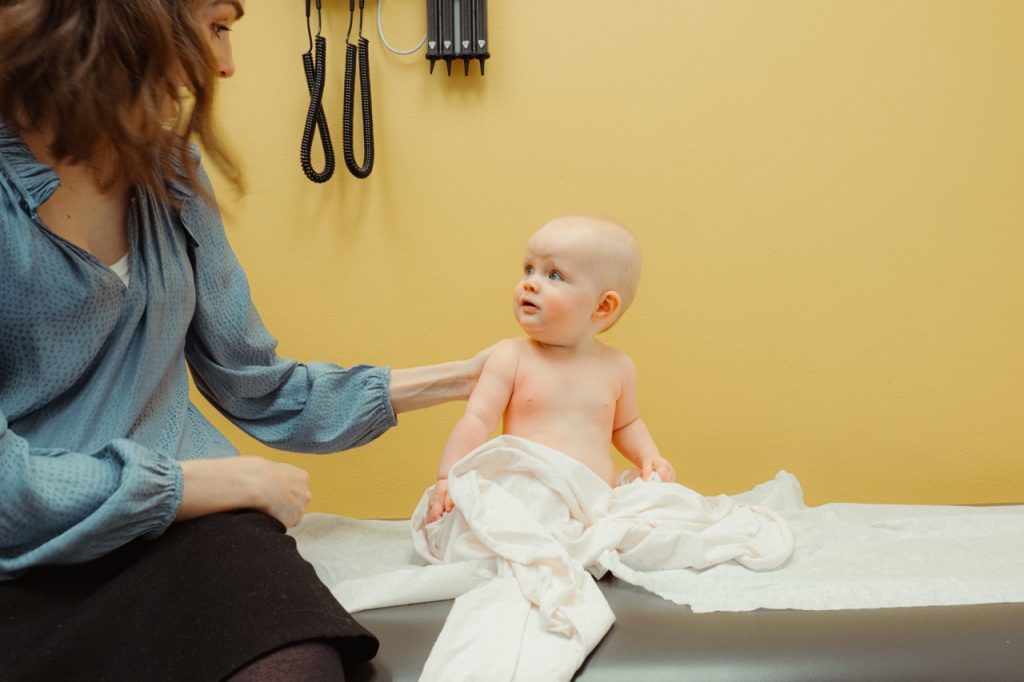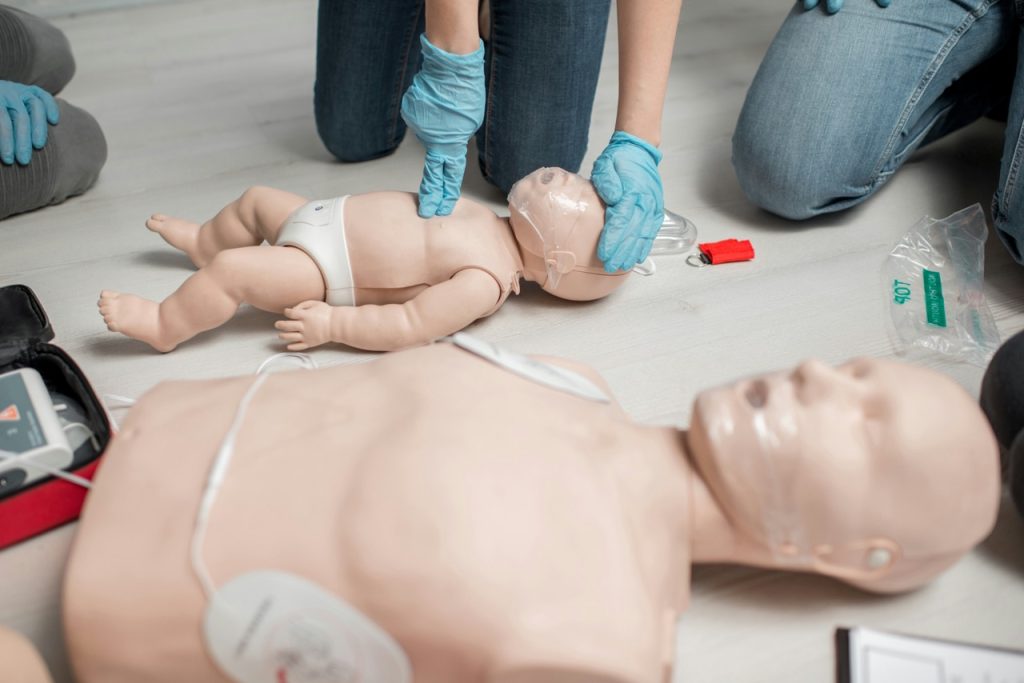According to an article from the CDC, ‘in 2022, over 107,000 drug overdose deaths occurred, resulting in an age-adjusted rate of 32.6 deaths per 100,000 standard population’. Fortunately, in 2024, for the first time in decades, overdose deaths have started to decline. One reason for this is the growing availability of naloxone, commonly called Narcan, a medication that can reverse most opioid overdoses.
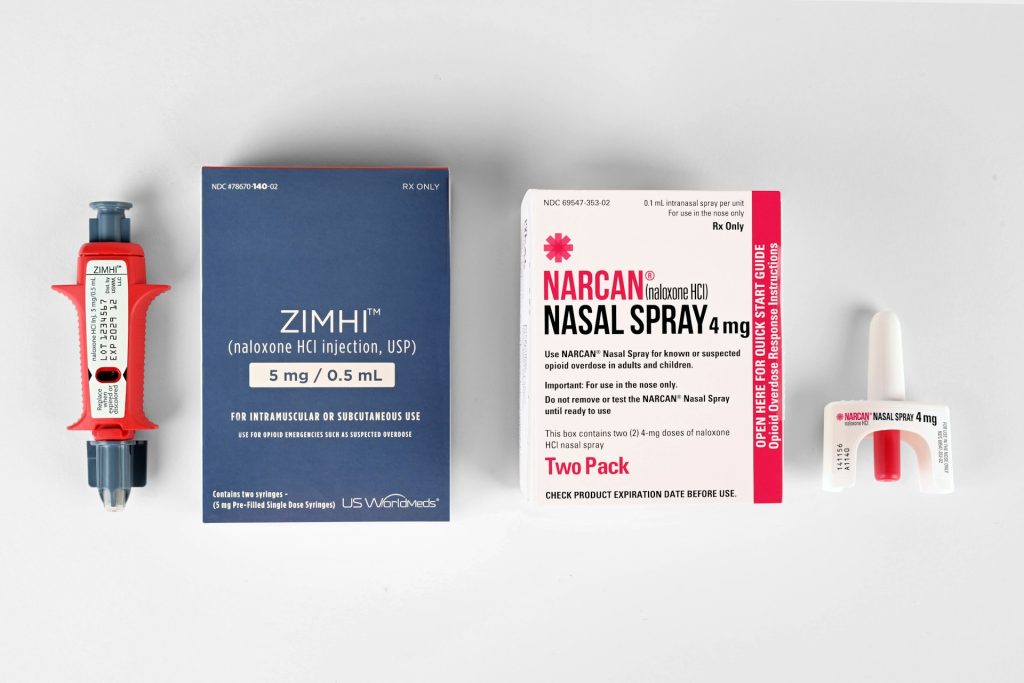
Whether you are a medical professional helping patients, someone in the field of helping those battling addiction, or an individual who wants to be prepared to save a life, there are a few essential things to be aware of to help someone who has experienced an opioid overdose, such as recognizing the signs and safely administering Narcan, which is a brand of opioid overdose medication naloxone.
In this article, we’ll cover everything you need to know about helping someone experiencing an opioid overdose, from recognizing overdose symptoms and how they occur to learning step-by-step instructions for administering Narcan and why it’s safe to use, even in non-opioid emergencies.
Recognizing the Signs of Opioid Overdose
When an overdose occurs, a person stops breathing, which leads to brain injury and, if left untreated, cardiac arrest, where the heart stops beating. With swift action, this can be reversed, even after the heart stops. Here are the signs to look for.
- Unresponsiveness: You are unable to wake the person or get a response from them.
- Slow or Stopped Breathing: Breathing may be shallow, slow, or completely stopped.
- Blue or Gray Skin: This can be especially noticeable on the lips and fingertips due to lack of oxygen.
- Pinpoint Pupils: Check for pupils that appear to be constricted and very small.
- Gasping or Gurgling Sounds: Indicating difficulty breathing.
- Cold or Clammy Skin: The individual’s skin may feel unusually cold.
- Limp Body: The person may appear weak or lifeless.
- Slow or No Pulse: Another indicator of an overdose is a faint or undetected heartbeat.
If you suspect an opioid overdose, you must act immediately by calling emergency services and administering naloxone. This quick action can save a life.
Steps to Safely Administer Narcan to Overdose Patients
If you determine that you need to administer Narcan to an individual or patient who is experiencing an overdose, here are the steps to follow.
Step 1: Check for Responsiveness
Tap and shout or shake and rub the individual in the middle of the chest to see if they are responsive.
Step 2: Administer Narcan
- Hold the nasal with your thumb on the plunger.
- Tilt the individual or patient’s head back.
- Place the tip of the nasal spray in either nostril of the person experiencing the overdose until your fingers are touching their nose and firmly press the plunger to release the entire dose of medication into the nostril.
- Wait 2-3 minutes for the person to respond.
- If there is no response, give additional doses by switching nostrils until help arrives.
Fortunately, administering naloxone is a simple and straightforward process. Additionally, it will NOT have a negative impact or harm the individual if they are experiencing a medical emergency other than an opioid overdose.
Watch these videos and learn more about how Narcan works: Educational Videos for Using Narcan
Step 3: Call 911
At this point, contact emergency services and provide the dispatcher with important details, such as your location and any specific information that could help responders.
Step 4: Perform CPR
If the individual is not breathing, you will now perform CPR. If the person is breathing and CPR is not needed, turn the patient on their side into what’s known as the recovery position.
Watch this step by step video guide.
When every second counts, knowing what to do can save a life. At HeartCert, we are passionate about providing individuals and medical professionals with the confidence, knowledge and skills to act in an emergency. Remember: when in doubt, use Narcan—it could mean the difference between life and death.
Register now for an upcoming CPR training and be prepared to save lives in an overdose scenario or other medical emergency.
References:
How to Save a Life: Narcan Administration & Opioid Overdose Education
https://www.cdc.gov/nchs/products/databriefs/db491.htm
https://www.npr.org/2024/09/18/nx-s1-5107417/overdose-fatal-fentanyl-death-opioid
HeartCert is your trusted training partner for CPR, ACLS, PALS, EMR, First Aid, CNA, IV, EKG and more, throughout the United States.
Courses include CPR/AED/First Aid, Basic Life Support (BLS), Advanced Cardiac Life Support (ACLS), Pediatric Advanced Life Support (PALS), Certified Nursing Assistant training, IV training, EKG training, babysitter basics and more. Courses and certifications from both the American Heart Association and American Red Cross are available. We offer virtual courses and certifications, in all 50 states as well as in-person classes at our headquarters, HeartCert CPR Eagan and major cities in Iowa, Illinois, Georgia, Michigan, Minnesota, Mississippi, Nebraska, Pennsylvania, Texas and Wisconsin.

